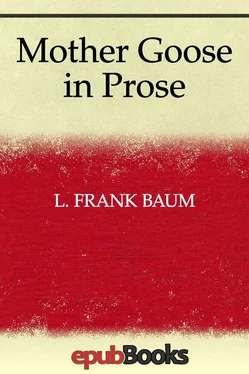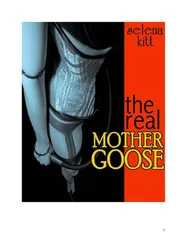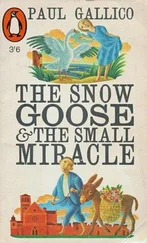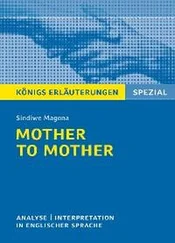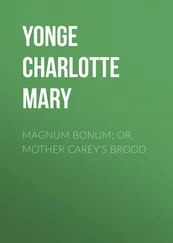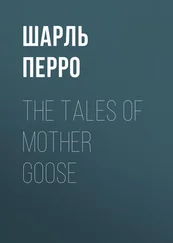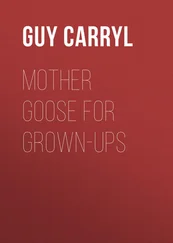As they came to the gate and entered at a brisk trot, Humpty, forgetting his dangerous position, leaned eagerly over to look at them. The next instant the Princess heard a sharp crash at her side, and, looking downward, perceived poor Humpty Dumpty, who lay crushed and mangled among the sharp stones where he had fallen.
The Princess sighed, for she had taken quite a fancy to the egg; but she knew it was impossible to gather it up again or mend the matter in any way, and therefore she returned thoughtfully to the palace.
Now it happened that upon this evening several young men of the kingdom, who were all of high rank, had determined to ask the King for the hand of the Princess; so they assembled in the throne room and demanded that the King choose which of them was most worthy to marry his daughter.
The King was in a quandary, for all the suitors were wealthy and powerful, and he feared that all but the one chosen would become his enemies. Therefore he thought long upon the matter, and at last said,
"Where all are worthy it is difficult to decide which most deserves the hand of the Princess. Therefore I propose to test your wit. The one who shall ask me a riddle I cannot guess, can marry my daughter."
At this the young men looked thoughtful, and began to devise riddles that his Majesty should be unable to guess. But the King was a shrewd monarch, and each one of the riddles presented to him he guessed with ease.
Now there was one amongst the suitors whom the Princess herself favored, as was but natural. He was a slender, fair–haired youth, with dreamy blue eyes and a rosy complexion, and although he loved the Princess dearly he despaired of finding a riddle that the King could not guess.
But while he stood leaning against the wall the Princess approached him and whispered in his ear a riddle she had just thought of. Instantly his face brightened, and when the King called, "Now, Master Gracington, it is your turn," he advanced boldly to the throne.
"Speak your riddle, sir," said the King, gaily; for he thought this youth would also fail, and that he might therefore keep the Princess by his side for a time longer.
But Master Gracington, with downcast eyes, knelt before the throne and spoke in this wise:
"This is my riddle, oh King:
Humpty Dumpty sat on a wall,
Humpty Dumpty had a great fall
All the King's horses
And all the King's men
Cannot put Humpty together again!"
"Read me that, sire, an' you will!"
The King thought earnestly for a long time, and he slapped his head and rubbed his ears and walked the floor in great strides; but guess the riddle he could not.
"You are a humbug, sir!" he cried out at last; "there is no answer to such a riddle."
"You are wrong, sire," answered the young man; "Humpty Dumpty was an egg."
"Why did I not think of that before!" exclaimed the King; but he gave the Princess to the young man to be his bride, and they lived happily together.
And thus did Humpty Dumpty, even in his death, repay the kindness of the fair girl who had shown him such sights as an egg seldom sees.
The Woman Who Lived in a Shoe
There was an old woman
Who lived in a shoe,
She had so many children
She did n't know what to do;
She gave them some broth
Without any bread,
And whipped them all soundly
And sent them to bed.
A long time ago there lived a woman who had four daughters, and these in time grew up and married and went to live in different parts of the country. And the woman, after that, lived all alone, and said to herself, "I have done my duty to the world, and now shall rest quietly for the balance of my life. When one has raised a family of four children and has married them all happily, she is surely entitled to pass her remaining days in peace and comfort."
She lived in a peculiar little house, that looked something like this picture.
It was not like most of the houses you see, but the old woman had it built herself, and liked it, and so it did not matter to her how odd it was. It stood upon the top of a little hill, and there was a garden at the back and a pretty green lawn in front, with white gravel paths and many beds of bright colored flowers.
The old woman was very happy and contented there until one day she received a letter saying that her daughter Hannah was dead and had sent her family of five children to their grandmother to be taken care of.
This misfortune ruined all the old woman's dreams of quiet; but the next day the children arrived—three boys and two girls—and she made the best of it and gave them the beds her own daughters had once occupied, and her own cot as well; and she made a bed for herself on the parlor sofa.
The youngsters were like all other children, and got into mischief once in awhile; but the old woman had much experience with children and managed to keep them in order very well, while they quickly learned to obey her, and generally did as they were bid.
But scarcely had she succeeded in getting them settled in their new home when Margaret, another of her daughters, died, and sent four more children to her mother to be taken care of.
The old woman scarcely knew where to keep this new flock that had come to her fold, for the house was already full; but she thought the matter over and finally decided she must build an addition to her house.
So she hired a carpenter and built what is called a "lean–to" at the right of her cottage, making it just big enough to accommodate the four new members of her family. When it was completed her house looked very much as it does in this picture.
She put four little cots in her new part of the house, and then she sighed contentedly, and said, "Now all the babies are taken care of and will be comfortable until they grow up." Of course it was much more difficult to manage nine small children than five; and they often led each other into mischief, so that the flower beds began to be trampled upon and the green grass to be worn under the constant tread of little feet, and the furniture to show a good many scratches and bruises.
But the old woman continued to look after them, as well as she was able, until Sarah, her third daughter, also died, and three more children were sent to their grandmother to be brought up.
The old woman was nearly distracted when she heard of this new addition to her family, but she did not give way to despair. She sent for the carpenter again, and had him build another addition to her house, as the picture shows.
Then she put three new cots in the new part for the babies to sleep in, and when they arrived they were just as cozy and comfortable as peas in a pod.
The grandmother was a lively old woman for one of her years, but she found her time now fully occupied in cooking the meals for her twelve small grandchildren, and mending their clothes, and washing their faces, and undressing them at night and dressing them in the morning. There was just a dozen of babies now, and when you consider they were about the same age you will realize what a large family the old woman had, and how fully her time was occupied in caring for them all.
And now, to make the matter worse, her fourth daughter, who had been named Abigail, suddenly took sick and died, and she also had four small children that must be cared for in some way.
The old woman, having taken the other twelve, could not well refuse to adopt these little orphans also.
"I may as well have sixteen as a dozen," she said, with a sigh; "they will drive me crazy some day, anyhow, so a few more will not matter at all!"
Once more she sent for the carpenter, and bade him build a third addition to the house; and when it was completed she added four more cots to the dozen that were already in use. The house presented a very queer appearance now, but she did not mind that so long as the babies were comfortable.
Читать дальше
